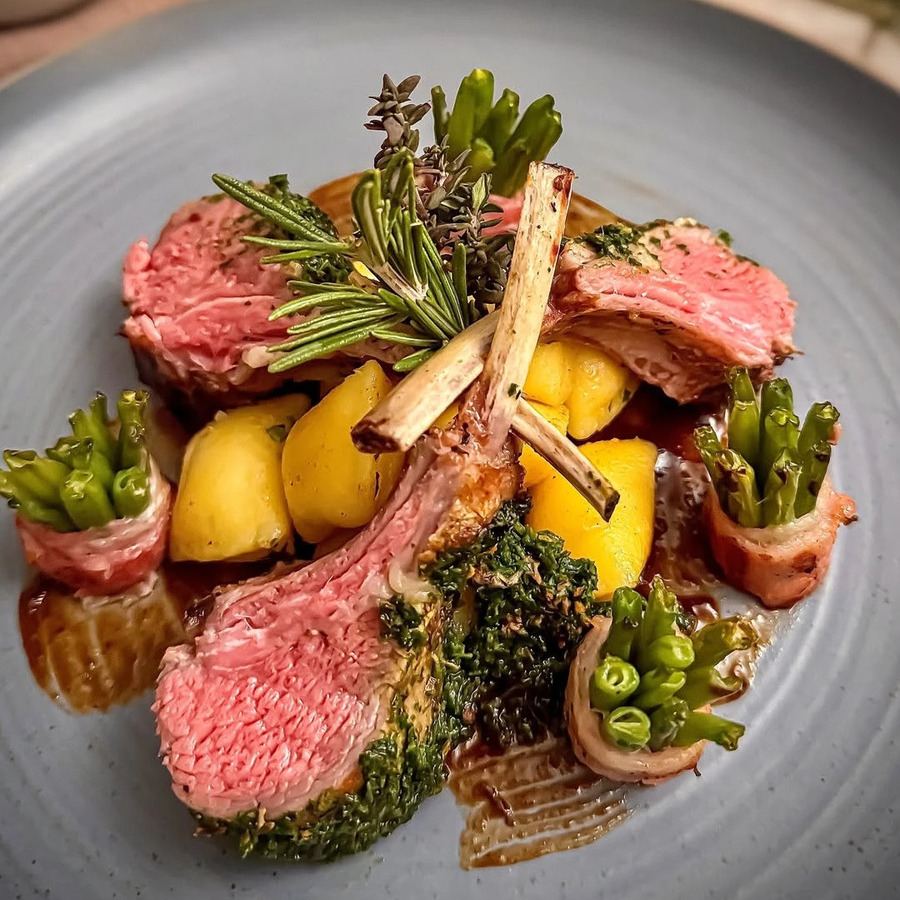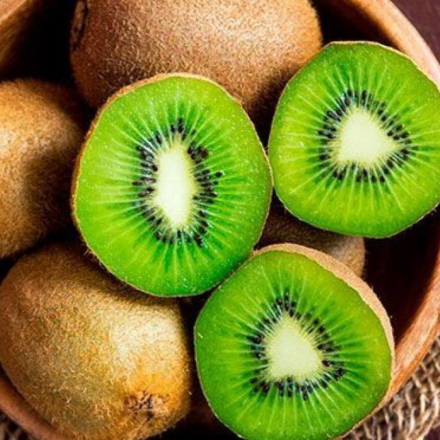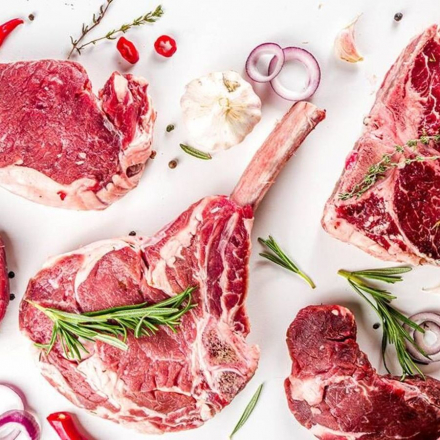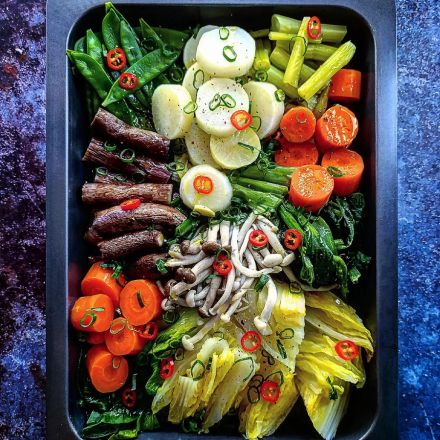How Much Meat Can You Eat to Stay Healthy - and Not Destroy the Planet?
You want to stay in shape, live long, and not feel guilty for every steak? Great news: Science has already figured it all out!
You want to stay in shape, live long, and not feel guilty for every steak? Great news: Science has already figured it all out!
It seems like just as you get on track with healthy eating, your fridge suddenly fills up again with "just in case" sausage, cheese "just to have," and chicken thighs, because "what else is there to cook?". But it's time to view your menu not just from a health perspective, but also from a… climate perspective. Surprised? Well, scientists are sure of it: our diet is not just a choice between salad and pizza; it's a real planetary responsibility.
A New Diet – For the Planet and For You
An international team of researchers has developed the Planetary Health Diet – a "diet for planetary health." No, this isn't another paleo-detox-cleansing nonsense. This is a scientific approach combining care for the body and the future of Earth. Research has shown that diet is responsible for:
- 30% of greenhouse gas emissions,
- 70% of freshwater consumption,
- 40% of land use.
In other words, food is serious business.
If the whole world ate like the average European, we would need five planets to feed everyone. And, as you’ve probably noticed, we only have one.
How Much Meat is "Okay"?
Now, here come the interesting numbers. According to the Planetary Health Diet, here’s how much animal protein you can eat per week without harming yourself or the planet:
- Up to 98g of red meat (about one burger and a couple of steak pieces – and that’s it!),
- Up to 203g of poultry,
- Up to 196g of fish,
- Maximum 250g of dairy per day (don’t rush, cheese lovers: that’s about three slices of cheese, a cup of kefir, and a spoonful of yogurt),
- Up to 6 eggs per week.
The ideal choice is pasture-raised meat, fatty small fish, and omega-3 eggs. Even better: treat meat like a… condiment. Seriously. That’s the advice of renowned doctor Mark Hyman. A small piece as a side dish – and your heart is happy, your conscience too.
What to Eat if Not Meat?
Don't panic – the "only sprouted buckwheat" plan is canceled. Instead: legumes, nuts, tofu, chickpeas, and soy. It’s tasty, nutritious, and eco-friendly. For comparison:
- 100g of beef = 35kg of CO₂ emissions,
- 100g of tofu = 2kg,
- Nuts = only 0.3kg.
Less meat = less harm to the planet. And, by the way, up to 75% fewer greenhouse gases.
The Planet Will Thank You – and Your Waistline Too
A plant-based diet is not just about saving the Amazon. It’s also about beauty, longevity, and energy. Women who eat more plant-based foods are less likely to get sick, better control their weight, and have a 50% lower risk of diabetes. In the "Blue Zones" (where people live the longest), they eat meat only about five times a month – and no one suffers from protein deficiency.
Small Steps – Big Effect
You don't have to become a vegan by lunchtime. Just try:
Replacing one meat dinner with a lentil dish,
Adding nuts to your snacks,
Having a "green day" once a week – without animal protein,
Stop thinking that you'll be hungry without meat. That’s a myth.
You’re strong, smart, and caring. That means you can choose food that helps both you and the planet. And let every bite be a conscious one – with love for yourself and the planet.



















